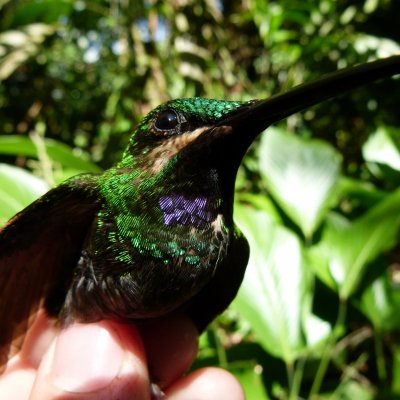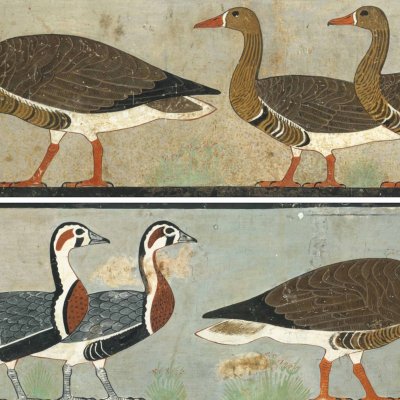All of the world’s shallow coral reefs have been digitally mapped, thanks to a three-year project combining two million satellite images, enormous amounts of field data and University of Queensland-developed mapping techniques.
9 September 2021Bird species across the globe are suffering and dying from a type of malaria and while these strains are not infectious to humans, they’re spreading quickly through global transmission hotspots.
8 September 2021A window of opportunity to take action on climate change after a natural disaster is frequently being missed by leaders, according to University of Queensland researchers.
6 September 2021The first comprehensive list of the threats to Australia’s most endangered plants and animals reveals blunt news about the future for some of the country’s favourite species.
2 September 2021Helping individuals and organisations tackle the climate crisis is the focus of an Australian-first training program adopted by The University of Queensland.
16 August 2021Two first-year University of Queensland students are the inaugural recipients of the Warwick Solar Farm – Bright Futures Scholarship, an annual investment in the Southern Downs community.
13 August 2021A new smartphone app will put multiple transport options at the fingertips of University of Queensland students and staff as part of a 12-month Mobility as a Service (MaaS) trial.
29 July 2021By uprooting carbon trapped in soil, wild pigs are releasing around 4.9 million metric tonnes of carbon dioxide annually across the globe, the equivalent of 1.1 million cars.
20 July 2021A collaborative research project to identify and measure the effects of environmental drivers on several key Queensland fishery species – snapper, pearl perch, and spanner crab – has drawn to a close.
16 July 2021Climate change is causing the “feminisation” of green turtle populations in far north Queensland, but a study shows seawater irrigation could potentially reverse the male drought.
15 June 2021The world's giant kelp forests – vital marine wildernesses as important to Earth’s ecology as rainforests and coral reefs – are being mapped by a team of international scientists.
11 June 2021University of Queensland scientists working to unlock the mysteries Australia’s deadly stonefish have made a discovery which could change how sting victims are treated in the future.
1 June 2021Public use of parks and reserves increased only slightly during last year’s COVID-19 national lockdown despite gyms and sports facilities shutting down, a University of Queensland study found.
28 May 2021In a world first, a satellite-based global coral reef bleaching monitoring system will scan the Earth’s oceans for coral-killing bleaching events in real-time.
19 May 2021People are consuming three to four milligrams of plastic for every 100 grams of rice they eat, with the number jumping to 13 milligrams per serve for instant rice, according to University of Queensland research.
10 May 2021The motivations of a rebellious class of car-free citizens in the sprawling, low-density city of Brisbane have been investigated by researchers at The University of Queensland.
27 April 2021Nearly three-quarters of Earth’s land had been transformed by humans by 10,000BC, but new research shows it largely wasn’t at the expense of the natural world.
20 April 2021The ‘hidden’ continent of Zealandia is being partially mapped, thanks to a deepwater mapping expedition led by The University of Queensland in collaboration with Schmidt Ocean Institute.
24 March 2021An analysis has found deforestation is severely affecting forest bird species in Colombia, home to the greatest number of bird species in the world.
18 March 2021As a University of Queensland researcher examined a 4600-year-old Egyptian painting last year, a speckled goose caught his eye.
23 February 2021- ‹ previous
- 2 of 3
- next ›
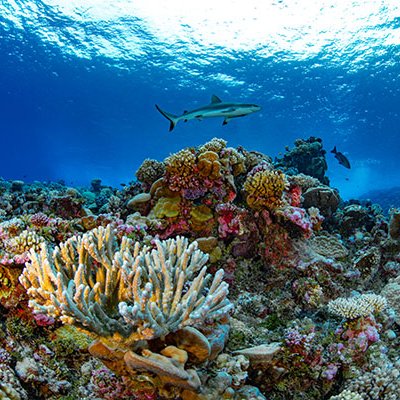
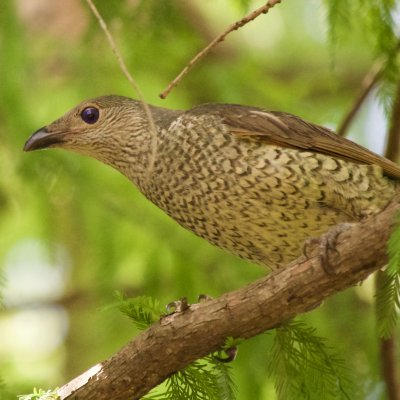
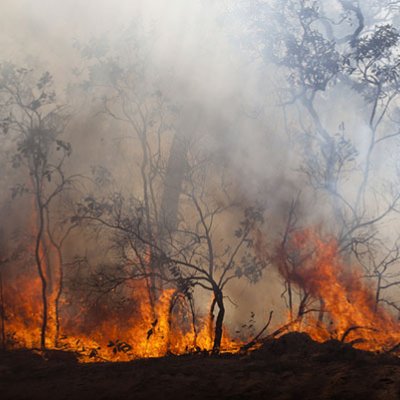
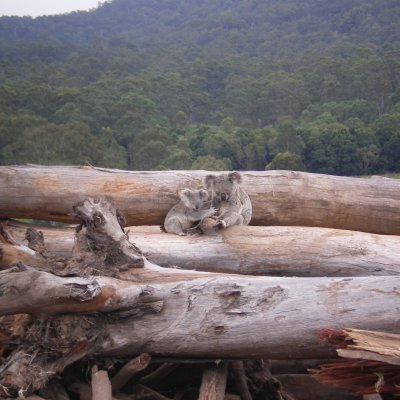
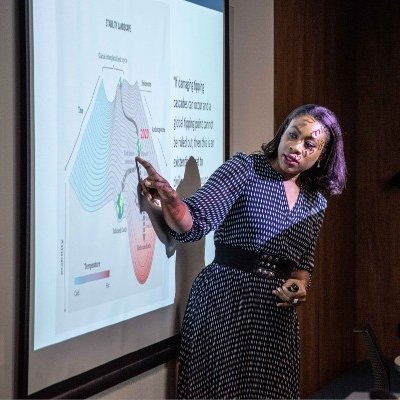
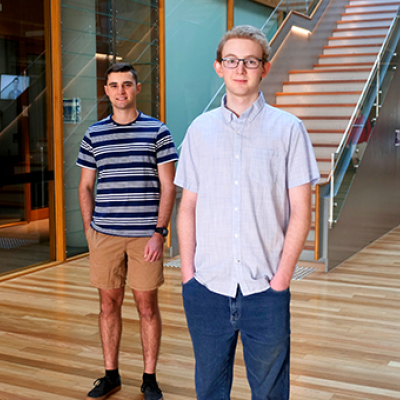

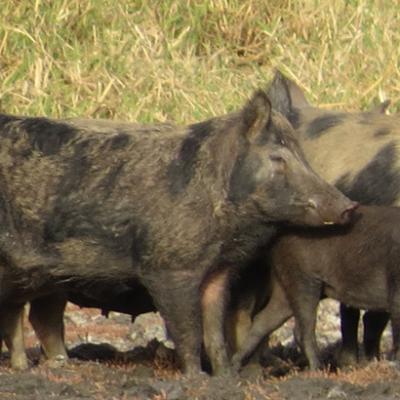
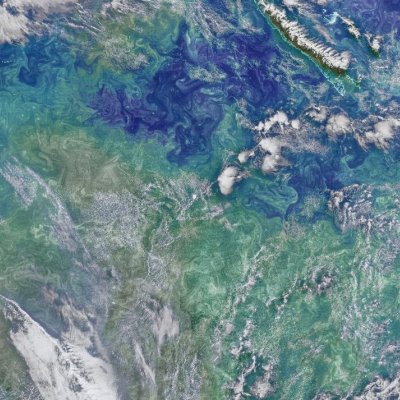
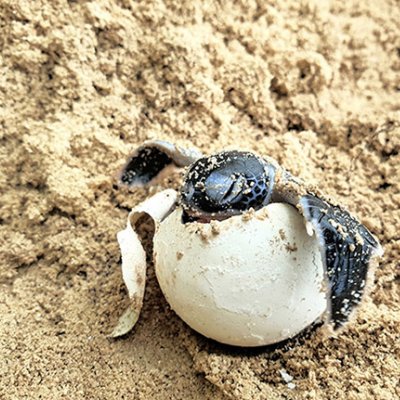
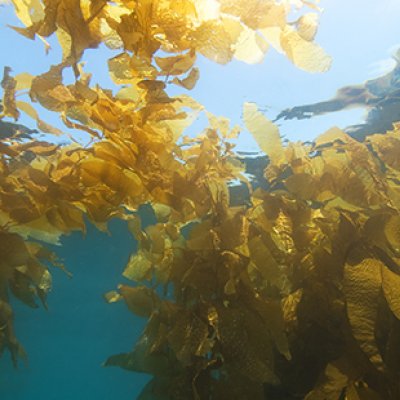
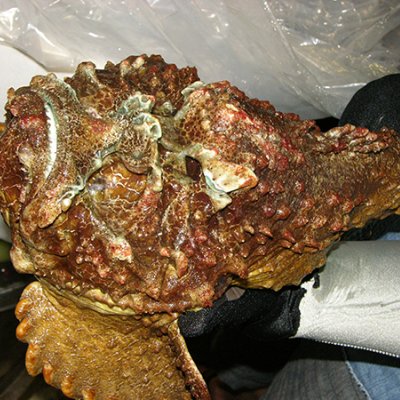
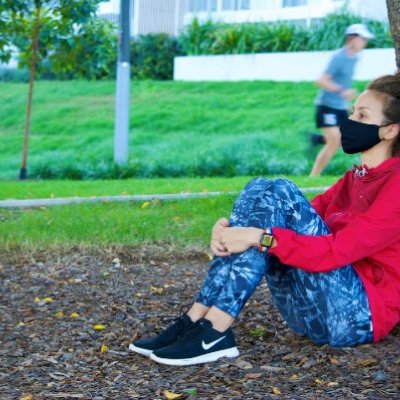
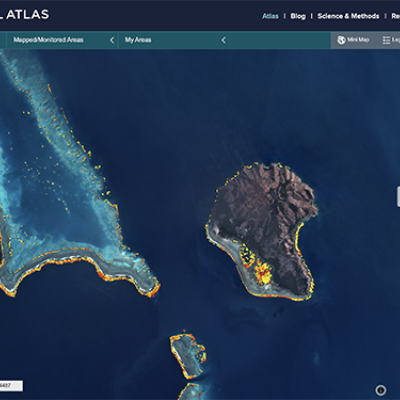
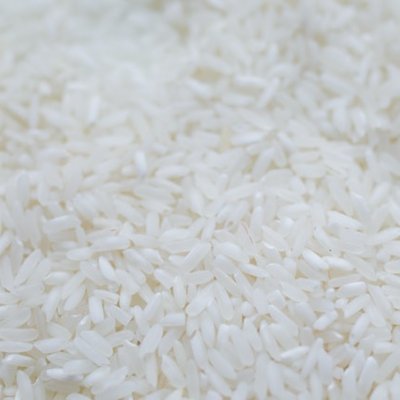

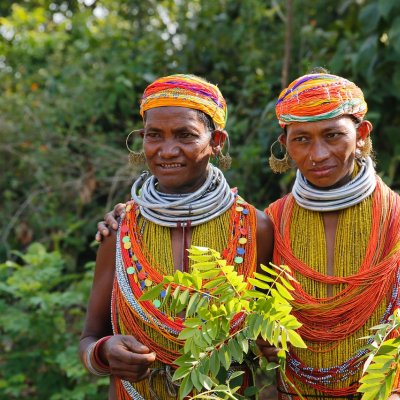
.jpeg?itok=Ijth78cz)
